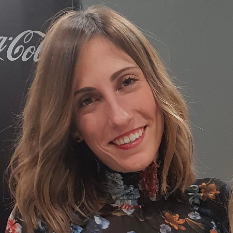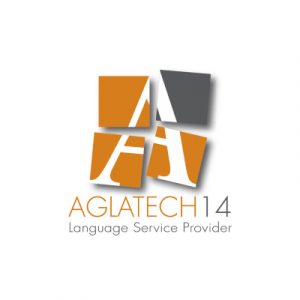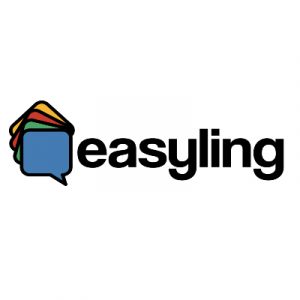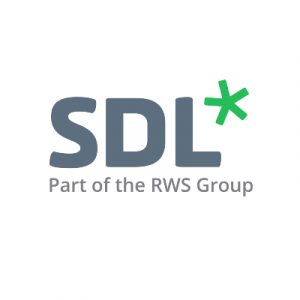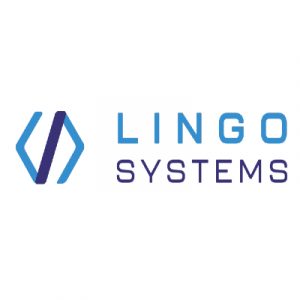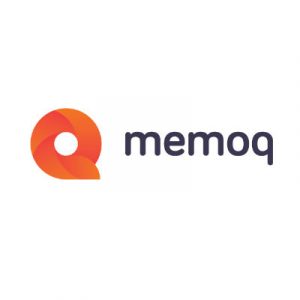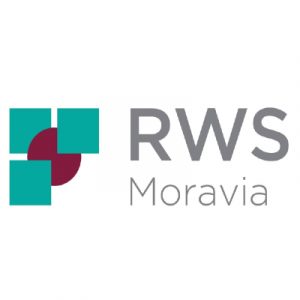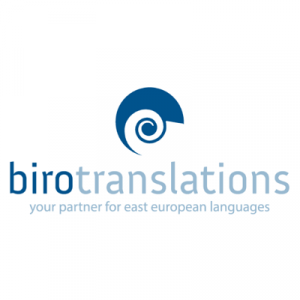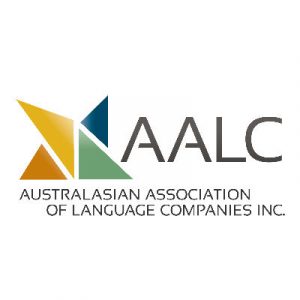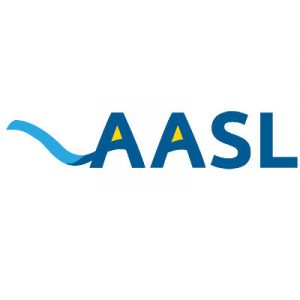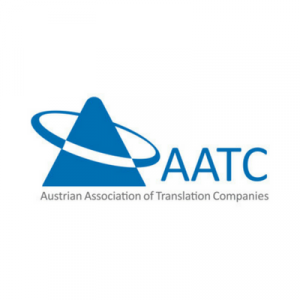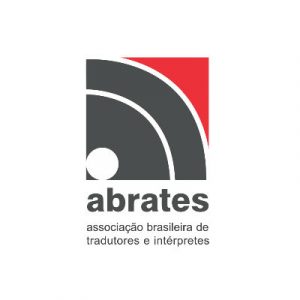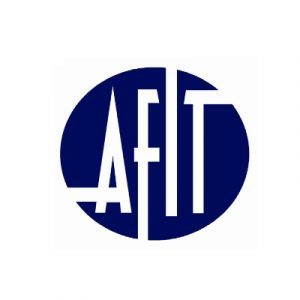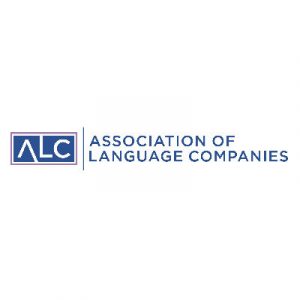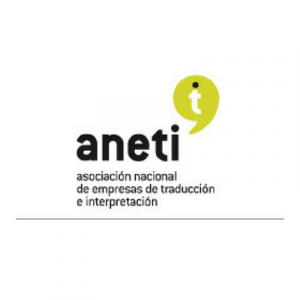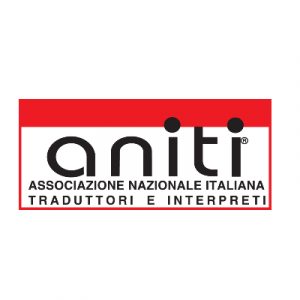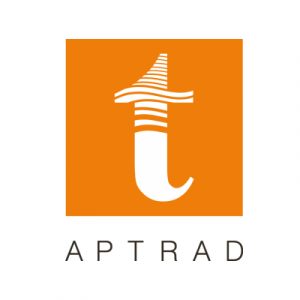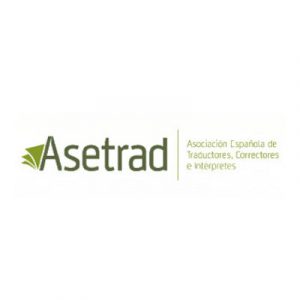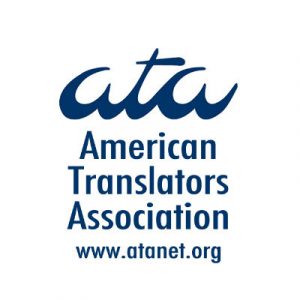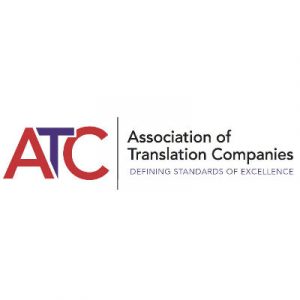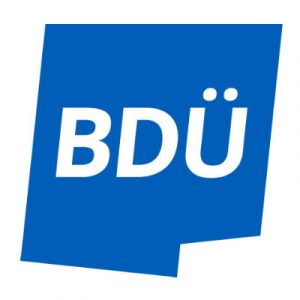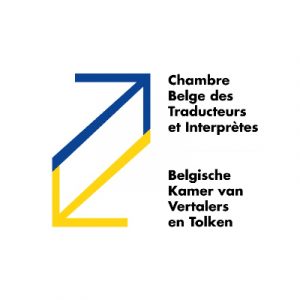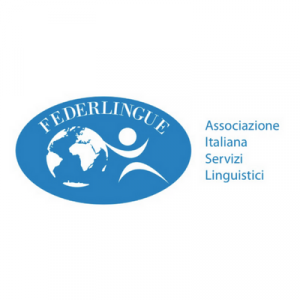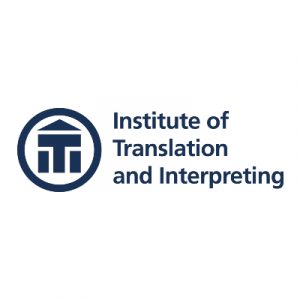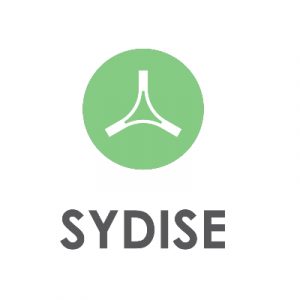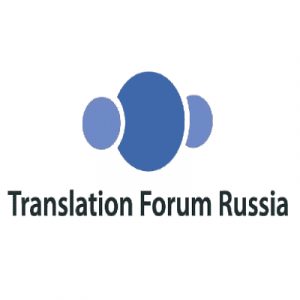About Together 2021
Our world is changing faster than ever before with the advent of new technologies. Moreover, the current pandemic and the measures enacted worldwide have further driven the implementation of remote technologies in both professional and home environments. Elia’s Together 2021 gives us the chance to discuss the best partnership strategies in this rapidly evolving scenario.
PROGRAMME
Together aims at bringing together freelance language professionals and language service companies for constructive dialogue and mutual growth. This event is for anybody who believes in the power and possibilities of strong relationships between freelance language professionals and language companies.
The theme for our fifth edition of Together is Together At Home – #eliatogether with two tracks moderated by experienced industry professionals.
-
24 FebDay 1
-
25 FebDay 2
-
26 FebDay 3
-
Track A: Best practices for freelancers and LSPs
-
Track B: Looking ahead - trends and tools
Pre-conference workshop: Introducing SDL Trados Live Essential and SDL Trados Live Team
During the first half of this workshop, Fleur Schut, Business Show more...Consultant at SDL, will give us an overview of the latest features and enhancements in SDL Trados Studio 2021, such as the customization of Placeables, the automatic placement of formatting tags, and the new cloud possibilities brought to you by SDL Trados Live. A free 12 month subscription to our SDL Trados Live Essential package designed for individual users comes with every licence of SDL Trados Studio 2021, enabling you to work on any device, anywhere at any time.
Following on from this, Fleur will demonstrate the functionality of SDL Trados Live Team, our cloud-based project management solution that also works seamlessly with SDL Trados Studio, designed specifically for teams who need to share resources, streamline processes, reduce manual tasks and access translation projects in real-time. Fleur will not only show us how Project Managers can outsource their work, but also how a Freelance translator or reviewer would receive and work on a cloud assignment in this environment.
Register for SDL Pre-conference workshop

Event opening
Mini break
Keynote - Priorities in the language sector: Communicating our true value better
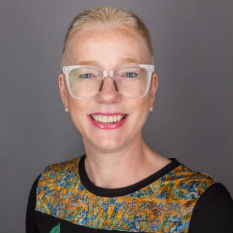
Mini break
Lost in communication - How the way you communicate impacts your translation quality
High-quality translations rely on teamwork. Every team member Show more...brings their own set of skills and knowledge to the table. In order to benefit from a combination of these skills and knowledge whilst creating valuable synergy effects and a productive team dynamic, communication has to be at the heart of all successful teamwork.
This presentation focuses on communication as an important and often neglected factor in translation quality. Using examples from the day-to-day work of an LSP and its translators, we'll take a closer look at how project managers and translators really communicate and where and how communication problems arise. We will then discuss which solutions have helped us to communicate better in our daily work and which have not, and try to shine a light on how increasing automation influences our communications, especially taking into account the overwhelming amount of information in today's translation projects.
Good communication is a key element in meeting the ever-rising quality standards and demands of clients. At the end of the day, LSPs and translators are pursuing the very same goals. Communicating these goals and the means to reach them effectively makes the crucial difference in working better together.
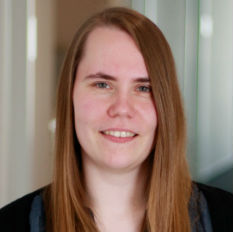
Mini break
Technology, money, time, and knowledge: An explosive mix or a recipe for success?
Services related to machine translation and new technologies are invariably in high demand. Show more... However, recruiting, vetting, fighting prejudice and knowledge gaps is still an arduous ordeal for both LSPs and translation vendors alike. How to tackle the fact that linguists do not receive appropriate training? How to help them overcome fear and reluctance? Should we unify different ways of dealing with quality objectives or rates settlement? How does the academia (and innovative approaches to syllabuses development) add to the equation? This presentation aims at provoking discussion about new language services between LSPs, academia, and freelancers.

Mini break
Free networking session
Pre-conference workshop: Introducing SDL Trados Live Essential and SDL Trados Live Team
During the first half of this workshop, Fleur Schut, Business Show more...Consultant at SDL, will give us an overview of the latest features and enhancements in SDL Trados Studio 2021, such as the customization of Placeables, the automatic placement of formatting tags, and the new cloud possibilities brought to you by SDL Trados Live. A free 12 month subscription to our SDL Trados Live Essential package designed for individual users comes with every licence of SDL Trados Studio 2021, enabling you to work on any device, anywhere at any time.
Following on from this, Fleur will demonstrate the functionality of SDL Trados Live Team, our cloud-based project management solution that also works seamlessly with SDL Trados Studio, designed specifically for teams who need to share resources, streamline processes, reduce manual tasks and access translation projects in real-time. Fleur will not only show us how Project Managers can outsource their work, but also how a Freelance translator or reviewer would receive and work on a cloud assignment in this environment.
Register for SDL Pre-conference workshop

Event opening
Mini break
Keynote - Priorities in the language sector: Communicating our true value better

Mini break
Digital Platform Translation – Where are we now and where are we going?
Digital platforms have increasingly been used to conduct business Show more...activities within the language industry and as enablers of globalization activities through system integration. More and more translation activities are being pushed through automated or semi-automated workflows via digital platforms which attract professional and non-professional translators alike. But the term ‘digital platforms’ has been used somewhat generically, without the due acknowledgement of the differences between the different types of platforms, their business and operating models, philosophies, user interfaces, and actual practices amongst the platform operators, users and end clients. In this presentation, we will firstly define contemporary platform translation, discuss main types of platforms and workflows they enable. Secondly, we will discuss some of the most pertinent questions around platform translation such as copyright and ethical issues, interface usability, how they may affect the translation product, process and the working conditions for translators and their attitudes towards their work. Finally, we will present interim responses to a survey of translators on their use of platforms. The presentation will be interspersed with some live polls from the audience.

Mini break
A 4-step framework to get high-quality leads and clients οn Linkedin
Step by step instructions on how to create a LinkedIn Prospecting Show more...Strategy that will get you a steady flow of high-quality translation leads.
Have you ever wondered why you don’t get any results, clients from LinkedIn? What you might have been doing wrong when it comes to prospecting? How to turn your LinkedIn Profile from a static CV to a lead generation machine? Would you be interested in changing the whole idea you have about LinkedIn and how it works?
In this presentation I will talk about the key mistakes most translators make when it comes to prospecting and how to solve them so as your LinkedIn Strategy to thrive over the long-term. How to follow-up, engage, and build relationships with your ideal clients. Step by step instructions on how to create a LinkedIn Prospecting Strategy that will get you a steady flow of high-quality translation leads. It will be mostly about outbound lead generation approach, the most powerful tool for generating B2B leads, clients, & sales, LinkedIn.
This presentation is ideal for:
Freelance translators, interpreters, language professionals and in general solopreneurs who want to get a steady flow of high-quality leads and clients from LinkedIn, month after month. Equally applicable for first time LinkedIn users and starting out translators and those who have been in the business for more than 5 years and want to demystify the LinkedIn Prospecting Strategy.
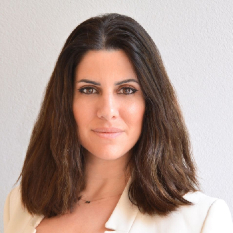
Mini break
Free networking session
-
Track A: Best practice for freelancers and LSPs
-
Track B: Looking ahead - trends and tools
Pre-conference workshop: Hidden treasures in memoQ
Like all software applications, memoQ has a lot of functionalities Show more...– some of them very well hidden. We usually use about 20% of the tools that we have on our computers. This is a shame as there are some features that could be helpful, but they are so well hidden or named in such a way that they are not instantly recognised for their actual value.
Join Angelika Zerfass to learn how the memoQ can make your life - as a freelance translator - much easier!
Following topics will be covered during the workshop:
• Sorting, filtering, Views
• Enhancing memoQ with WebSearch and MT plugins
• Tracking changes and versioning (including bilingual exports/imports and manual snapshots)
If time allows, Angelika will also give attendees a hint on these concepts:
• Customizing memoQ (GoToNext feature & Options)
• Results list and what it can show (colours, match types, settings)
Register for memoQ Pre-conference workshop
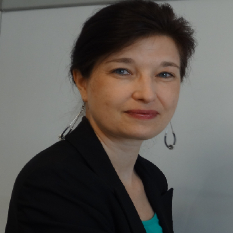
Pre-conference workshop: Fast and user-friendly EU Terminology research - Introducing Juremy.com
Finding the correct terminology in legal and technical translation, Show more...also complying with the consistency and referencing requirements of EU institutional translation is essential for Freelancers to obtain a high-quality end result. This terminology research, which often takes up valuable time of linguists spent with finding and comparing documents can be replaced with a single search in Juremy.com.
Juremy is an online concordance search tool that operates over the official EUR-Lex database of EU legal acts and jurisprudence, and also the IATE terminology database. It brings fast and accurate bilingual hits from reference documents in all official EU language pairs.
During this workshop, we will firstly explain how the idea of the development of our tool was born. Following this, we will demonstrate the functioning of Juremy through some typical terminology search examples. Finally some additional specific, user-centered functionalities will be presented such as sorting and filtering on document metadata, smart search categories and the eye-guide.
Register for Juremy.com Pre-conference workshop
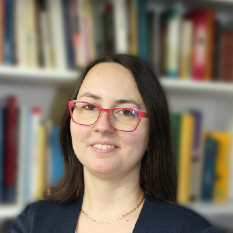
Ten (+1) years later: A win-win cooperation between a freelancer and an LSP
In an ever changing and increasingly automated industry, a successful Show more...and long-term collaboration between a freelance supplier and an LSP is a hidden gem. Within the “Best practice for freelancers and LSPs” framework, we’d like to present a case study of a ten-year-old collaboration between Serena Tutino, a freelance translator and interpreter, and TDR Translation Company. Nadia Corti, PM at TDR, and Serena, will set forth a dual take on themes such the importance of personalisation, tips on how to maintain a good relationship, the impact of changes in the industry due to new technologies, and a job-wise perspective for higher education.
Mini break
Ethics for freelancers and LSPs, training translators and interpreters
This session will encompass a number of matters relating to ethics: Show more...Ethics as a topic on translator and interpreter training programmes Ethical issues in academic research in translation studies Ethics, translation companies and clients.

Mini break
Getting the feedback is useful - Getting it in useful form is even more so!
Case study on data visualizations providing localization vendors Show more...with structured and easily accessible feedback on their deliverables.

Mini break
When two worlds collide: Painful issues in the relationship between freelance translators and LSPs
Why things could go wrong between translators and LSPs - and what we should do (together! Show more...) to make it better.

Together Fair & Free networking session
Pre-conference workshop: Hidden treasures in memoQ
Like all software applications, memoQ has a lot of functionalities Show more...– some of them very well hidden. We usually use about 20% of the tools that we have on our computers. This is a shame as there are some features that could be helpful, but they are so well hidden or named in such a way that they are not instantly recognised for their actual value.
Join Angelika Zerfass to learn how the memoQ can make your life - as a freelance translator - much easier!
Following topics will be covered during the workshop:
• Sorting, filtering, Views
• Enhancing memoQ with WebSearch and MT plugins
• Tracking changes and versioning (including bilingual exports/imports and manual snapshots)
If time allows, Angelika will also give attendees a hint on these concepts:
• Customizing memoQ (GoToNext feature & Options)
• Results list and what it can show (colours, match types, settings)
Register for memoQ Pre-conference workshop

Pre-conference workshop: Fast and user-friendly EU Terminology research - Introducing Juremy.com
Finding the correct terminology in legal and technical translation, Show more...also complying with the consistency and referencing requirements of EU institutional translation is essential for Freelancers to obtain a high-quality end result. This terminology research, which often takes up valuable time of linguists spent with finding and comparing documents can be replaced with a single search in Juremy.com.
Juremy is an online concordance search tool that operates over the official EUR-Lex database of EU legal acts and jurisprudence, and also the IATE terminology database. It brings fast and accurate bilingual hits from reference documents in all official EU language pairs.
During this workshop, we will firstly explain how the idea of the development of our tool was born. Following this, we will demonstrate the functioning of Juremy through some typical terminology search examples. Finally some additional specific, user-centered functionalities will be presented such as sorting and filtering on document metadata, smart search categories and the eye-guide.
Register for Juremy.com Pre-conference workshop

Technology session: Reimagining Audiovisual Translation
Bridging the gap between machine and humans in translation is Show more...a challenge that Translated has been taking on since its foundation. The demand for high-quality localized content skyrocketed since the early 2000s and it looks like it will not stop anytime soon. The market is also seeing unprecedented growth in the need for transcription, subtitling and dubbing services and, as we’ve experienced with translation and localization, the standard human-only processes cannot keep up with the demand. At Translated, we believe that machines and humans can work together and that this symbiosis allows linguists to focus on what they do best: craft high quality, reliable and engaging multilingual content. In this presentation, we’ll give a sneak peak into two of the main products we are developing for subtitling and dubbing: Matesub and Matedub.

Mini break
LSPs: liable/not liable for legal translations?
At the 2020 edition of Elia’s Together, John explored whether Show more...and when legal translators are liable for their translations. None of the respondents reported being litigated against. Surprisingly, few reported having to pay compensation under the terms of their agreements with LSPs. So, if legal translators are not being held liable, then who is? Is it the LSPs? Or is it no one, and liability is just a "spectre" in the legal translation landscape?
In an attempt to redress the lack of research into this topic, this presentation shares the findings of a survey conducted among LSPs about liability for legal translations: Does it exist? How is it handled? What are LSPs doing to limit it?

Mini break
Translator, post-editor and reviewer skills: How to be sexy for the translation market and face changes due to the increasing automation
The work of translator and their workshop evolve continously. Show more... The demands of the market are changing, so are the skills that a good translator should have. Analyzing the translation process, we will answer questions about the competences of a translator at the beginning of the next decade. We will also analyze the process of post editing and verification and take a closer look at technological innovations, which are becoming an inseparable tool for translators today. We will consider the importance of soft skills in the translator's work and have a look at customer-to-translator-to-LSP relations, and finally answer the question why rates for individual clients differ from those offered to translators by translation agencies.
The presentation is addressed to both experienced translators and those who are just beginning their journey with translation.

Mini break
Surviving as a quality-oriented translator in the age of technology
Technology vs. quality: Are they "friends" or "foes". We will Show more...discuss the challenges of adapting in a technology-oriented market.

Together Fair & Free networking session
-
Track A: Best practice for freelancers and LSPs
-
Track B: Looking ahead - trends and tools
Pre-conference workshop: The Present and Future of Website Translation
Website translation issues have been with us for 20+ years now. Show more... Yet there are many questions lurking around. In this workshop, we'll explore the existing methods, their pros and cons, and best practices - all you need to know to find the right method (or mixture of methods) for your website translation project. We'll also take a look at the latest trends. For the second, interactive part of the workshop, bring your most burning questions!
Register for Easyling Pre-conference workshop

“Meditation in Motion” AKA Yoga Session with Marek
Let's unlock our potential to live in mental freedom, joy, and Show more...positive energy through the practice of yoga.
Why "meditation in motion"? Because, in addition to practicing asanas (body positions), we'll practice pranayama (breathing exercises) and meditation.
In 2016, Marek initiated two journeys. The first journey began when he started exploring the world of the language services industry at Memsource, where he enabled international enterprises to make their translation processes more efficient. In his current role as Localization Adviser with Nimdzi Insights, Marek is uncovering the localization and business challenges of both LSBs and LSPs and helps localization professionals succeed with the right data, research, and insights.
The second journey began when he received a gift from his sister - a 3-month yoga voucher. After the first class, his life was set on a path of self-development accompanied by yoga teachings.
After nearly 4 years of practice, Marek has completed certified yoga instructor training and now leads two online yoga courses for his family, friends, and colleagues from the industry - one in the Slovak language, his mother tongue, and the second one, localized into English.
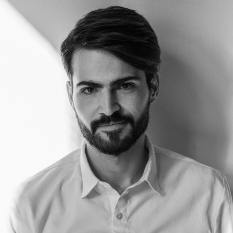
Mini break
Topic-based networking session
Lunch break
Bridging the gap - Recruiting relationships
Toby will discuss what recruiting with an eye for synergy and Show more...potential relationships looks and feels like, sharing some top proven tips on best practice and how this will empower you to develop, maintain and build the foundations for a nurturing human support network.
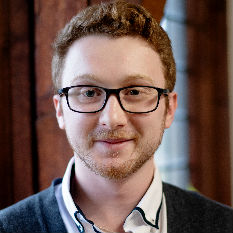
Mini break
Creating translator-compatible translation processes
Working as a freelance translator I often am forced to fit into the process of my customer. Show more... Some of these processes are well organised and take the needs of translators into account. However, very often I find, that the whole process was created only with the needs of the agency and the final customer in mind, not paying any or at least any sufficient attention to what the translator would need. The reason for this is most certainly to cut cost. On the other hand, the same processes have “quality” in their description. While cutting costs and still maintaining quality can go together, this will only work, when the process keeps all stakeholder in mind. If not all gears, even the smallest ones, are lubricated, the machine will not run smoothly.
In my presentation I would like to make you aware of the needs of translators, who at the end of the day have to follow these processes. I will try to explain why trying to force a certain way of working is counterproductive and does not lead to increased quality.
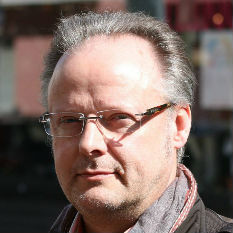
Mini break
The project manager as an information hub in multimedia localization projects
The role of localization project manager is by no means easy Show more...and differs greatly from one project to another. This presentation will analyse the role of the project manager in multimedia localization projects and how he/she can make a difference in facilitating communication between the customer and the linguistic team.
• How important it is for the PM to know about the technical and linguistic details (video/audio formats, compatibility issues, etc.)
• Example of a worst case scenario when the PM does not have such details
• Tactics to avoid overcrowding everyone with too much information they do not necessarily need (linguists with video tech information and vice versa, etc.)
• How to lay down exact workflows; what can go parallel and what cannot, milestones, checkpoints, bottlenecks (with examples), etc.
• How to plan a multimedia project with tools already on your computer.
• What information do we have to get from the client at the start, what is it that we can find out for ourselves in terms of multimedia/technical info (with examples), etc.
• What information should the PM provide to the freelancers for a better end-product?
• How the ideal relationship and workflow between the clients, PMs and freelancers should look within multimedia localization projects.

Mini break
Closing
Pre-conference workshop: The Present and Future of Website Translation
Website translation issues have been with us for 20+ years now. Show more... Yet there are many questions lurking around. In this workshop, we'll explore the existing methods, their pros and cons, and best practices - all you need to know to find the right method (or mixture of methods) for your website translation project. We'll also take a look at the latest trends. For the second, interactive part of the workshop, bring your most burning questions!
Register for Easyling Pre-conference workshop

“Meditation in Motion” AKA Yoga Session with Marek
Let's unlock our potential to live in mental freedom, joy, and Show more...positive energy through the practice of yoga.
Why "meditation in motion"? Because, in addition to practicing asanas (body positions), we'll practice pranayama (breathing exercises) and meditation.
In 2016, Marek initiated two journeys. The first journey began when he started exploring the world of the language services industry at Memsource, where he enabled international enterprises to make their translation processes more efficient. In his current role as Localization Adviser with Nimdzi Insights, Marek is uncovering the localization and business challenges of both LSBs and LSPs and helps localization professionals succeed with the right data, research, and insights.
The second journey began when he received a gift from his sister - a 3-month yoga voucher. After the first class, his life was set on a path of self-development accompanied by yoga teachings.
After nearly 4 years of practice, Marek has completed certified yoga instructor training and now leads two online yoga courses for his family, friends, and colleagues from the industry - one in the Slovak language, his mother tongue, and the second one, localized into English.

Mini break
Topic-based networking session
Lunch break
Technology session: What does the rise of Machine Translation mean for the Freelance translator?
What does the rise of Machine Translation mean for the Freelance Show more...translator?
Whilst a good quality machine translation provider can aid a translator by increasing their productivity, we often hear that freelance translators are hesitant to utilise this technology - but why? This session will delve into some of the reasons why translators are apprehensive about embracing it, explain why the adoption of Machine Translation is increasing regardless and theorize what this means for the future of the freelance translator.
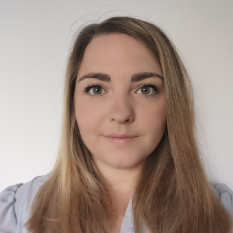
Mini break
Universal standards for RSI: A long way still
In the new normal, many things have changed for interpreters. Show more... Remote interpreting became a fact of our professional life. This relatively new mode of interpreting is still in its infancy in terms of standards. ISO/PAS 24019 of 2020 outlines the requirements and recommendations for simultaneous interpreting delivery platforms. In this presentation, I will offer an overview of these requirements and recommendations. I will also look at the changing work environment and how professional associations are dealing with it.
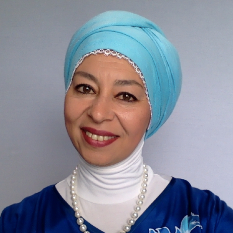
Mini break
Dare you bring your freelancers to light? How to successfully include your best freelancers in your value chain
Freelance translators are often regarded as a company secret Show more...by LSPs – something of an enigma that must not come to anyone's knowledge, no matter what.
And there is a fair point in this approach: the selection of linguists is indeed one the key aspects in the LSP value chain. And who would want to give their company secrets away for them to be stolen or copied by others?
But there might be situations where it can be an advantage for everyone to bring forward their linguistic talent and demonstrate their full potential.
On numerous occasions, we have experienced that bringing a trusted freelancer in on dialogue with the client can create new dynamics and opportunities between all parties involved.
The presentation includes:
• Some anonymised examples on how we connected clients directly to our freelancers
• Situations when this can be useful and what the advantages are
• A list of dos and don'ts

Mini break
Closing
To view the event’s presentations and recordings, please click here.
SPEAKERS
Who should attend?
Anyone committed to developing their business relationships should attend, so if you are a translator, interpreter, post-editor, proofreader, vendor, quality or project manager, this event will be for you!
Benefits of the programme
For you
- Learn new skills and best practice in a hands-on setting
- Expand and enhance your business relationships
- Share experiences and catch up with your peers
- Get a new perspective on the future of the industry
For your business
- Develop a stronger and more profitable network
- Maximise productivity with new tools and approaches
- Prepare for the challenges and opportunities on the horizon
- Contribute towards a stronger industry
GALLERY
Thank you for joining us on Together 2021.
REGISTER
Registration provides access to the presentations, the networking events and the app.
Together Fair
If you would like to participate in the Together Fair you can reserve your space in the event registration form. The cost for Elia members is €100 Euros and €130 for non members. Translators have free access with registration for Together 21.
Please, check participating companies here.
Cancellation Policy
All requests for cancellation or to arrange substitutions must be received in writing. Please contact us by email. Event registrations are non-refundable. Registrations can be transferred to another person provided Elia is notified at least one day prior to the event. No admin fee will apply. Any attendee who registers will receive access to the materials and recordings of the event.
For more information about Elia’s Terms & Conditions please click here.
COMMITTEE
SPONSORS
If you are interested in sponsoring Together 2021 please contact us

